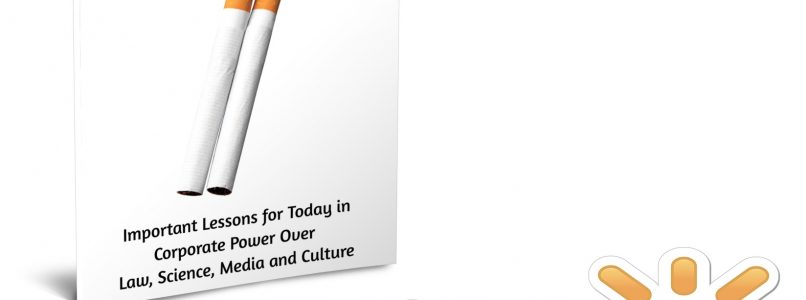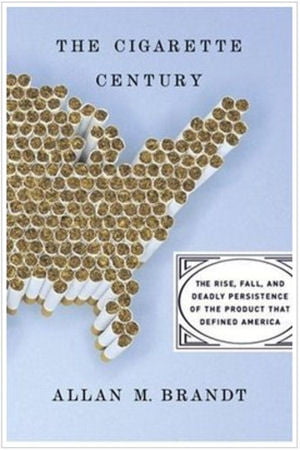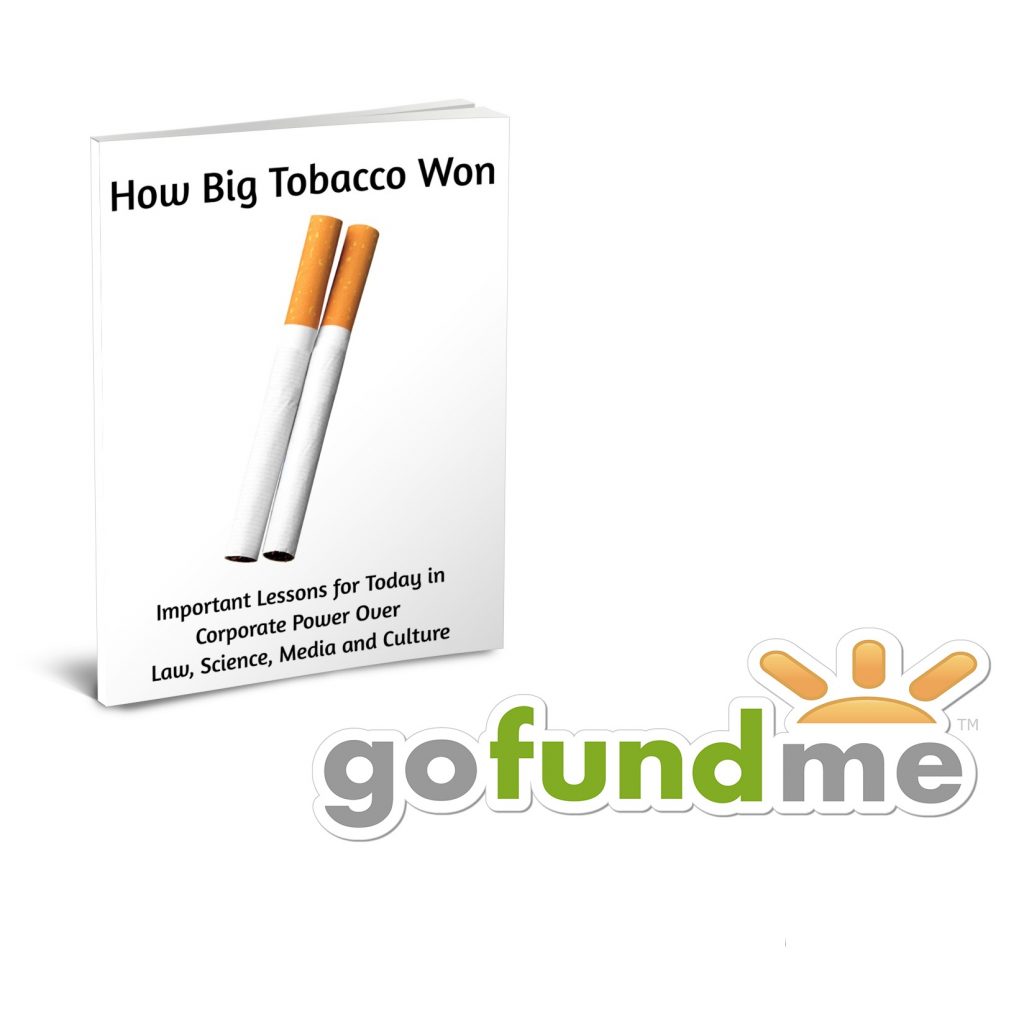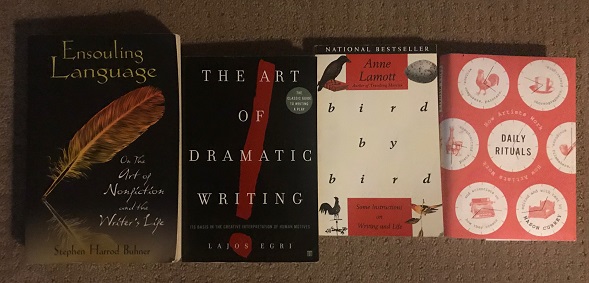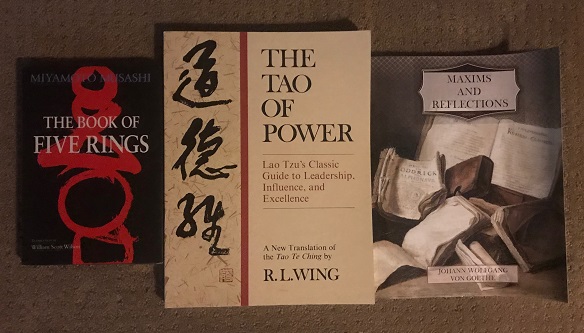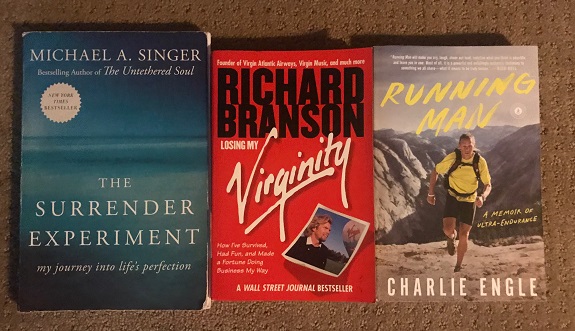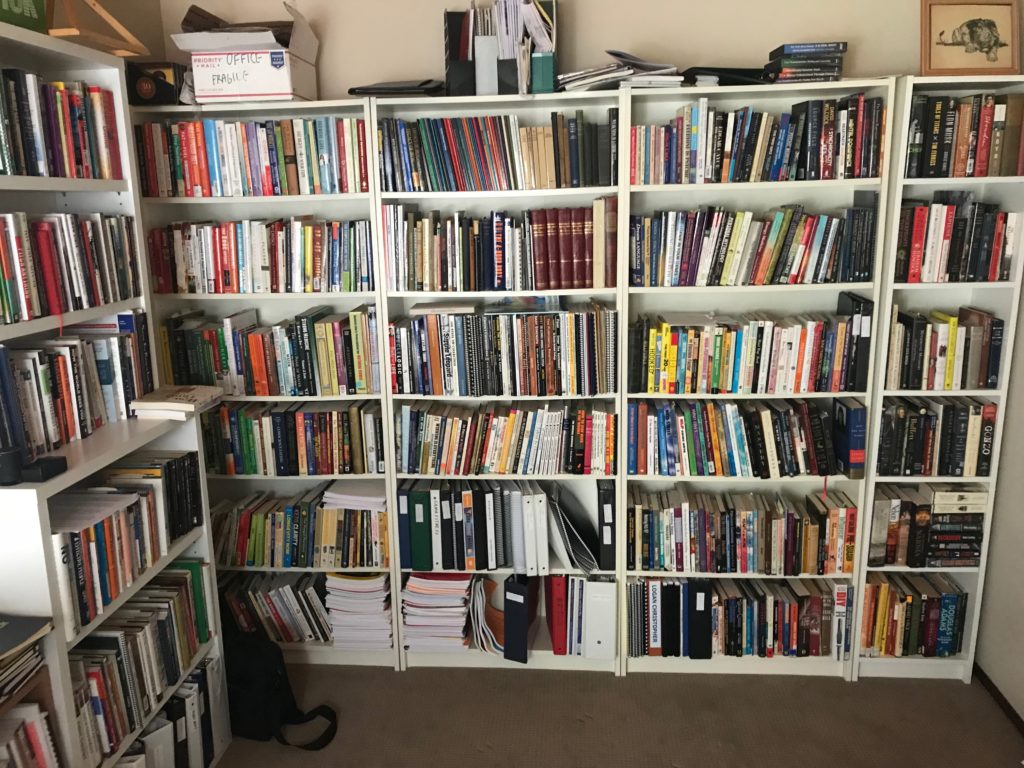I apologize for dropping off the map on my pandemic updates. I meant to write to say that I was taking a pause…but just couldn’t get that piece right.
There’s still so much I would love to share…
And it’s on that note that I write today.
As you know, in writing about current events, I tend to keep going back to understanding history. While there are absolutely new developments, and higher technologies involved, the patterns tend to be the exact same.
So if you can understand the past, you have a much better chance of understanding the present…and the future!
Many people were surprised the lockdowns extended past the initial recommended two weeks in order to prevent hospital surges.
Back then would you have assumed we’d still be dealing with this towards the end of September?
I sure did.
Understand the agendas, understand the game, and you can make better predictions.
A huge part of what we’re dealing with in the world is corporate malfeasance. Far more so than a democracy, we live in corporatocracy. And crime pays so, unfortunately, it is a criminal corporatocracy.
If you want to understand that, then there are few better places to go then to understand some of the “original corporate gangsters”…Big Tobacco.
A couple months ago I finished reading a 500 page book, The Cigarette Century, by Allan M. Brandt, a Pulitzer Prize finalist.
The Times Literary Supplement called this, “A masterpiece of medical history.” It features a whopping 1550 references and thus is a very deep look into what is one of the most important case studies of history.
The Atlantic said, “Both an engrossing cultural history, and a passionate, exhaustively researched indictment of a public-health catastrophe that happened largely in plain sight.”
Everyone knows that Big Tobacco did some nefarious things.
Over time, two things happened…
I think that the average person assumes (wrongly) that those loopholes were closed so that corporations couldn’t possibly get away with the same things again. Obviously, there are plenty other corporate cases, but that things were made better over time, rather than worse.
In other words, the public as a whole did not really learn the lessons.
Some people did though. The PR firms that Big Tobacco worked with learned. The predatory CEO’s that put profits over people learned. Those that would control scientific opinion learned. Those that would buy politicians and regulators learned. The lawyers learned.
(Quick example. The PR firm Hill & Knowlton led the scientific “debate” about the harms of smoking. They worked with Big Tobacco for 15 years. They’re still around and have had many exciting adventures, including helping us get into the Iraq War. And just recently guess who hired them? That’s right! The WHO. The WHO paid H&K $135,000 to identify and target influences in order to better get their messaging across to the public.)
Having gone through this detailed history it is my firm opinion that the case of Big Tobacco shows the blueprint, the key, to today…
It’s often called the Tobacco Playbook, because there are strategies and tactics that industries use over and over again. Understand these and you can cut through at least 75% of the BS.
I would argue that Big Tobacco did not lose. They, in fact, won. After all, they’re still around and hugely profitable. Most of their profits coming from the rest of the world outside the US now. As regulation and revelation occurred here, they mostly went overseas using their extensive playbook elsewhere.
As I said crime pays.
I was struck by a few sentences near the end of the book.
“In this century, in which we have known tobacco’s health effects from the first day, the death toll is predicted to be one billion. This is a pandemic.”
One billion over a century comes out to 10 million deaths per year.
Compare this death count to our current pandemic (if you believe the official numbers is a bit south of 1 million worldwide thus far) that is supposedly the cause of all the regulations, censorship, and economic havoc. Doesn’t quite add up now does it?
Still the regulation and revelation that occurred in the USA is important.
How did that happen?
Ultimately, it was litigation and the discovery process, not to mention numerous whistleblowers, that turned the tide.
This is the key to fighting against the corrupt corporations that exist today. With more awareness of what was successful and what was not, we can make better plans for the future.
For example, did you know there are non-profit organizations that are suing government agencies regarding vaccines…and winning?
They’re obtaining documents that prove beyond a shadow of a doubt that the science is anything but settled.
And this is why this case history is important. My aim is to distill down The Cigarette Century down into a much shorter special report, showing the specifics of the tactics and methods used by Big Tobacco.
And how these play out in other industries as well.
In addition, I’m giving you a chance to help support this project.
I’ve setup a GoFundMe specifically for this.
Truth is, I would love to go fulltime in my journalistic endeavors! My businesses are doing fairly well but I still need to work in them and have many bills to pay.
This has been a passion project of mine. Super passionate…but unprofitable. That it takes away time from my businesses it actually puts me in the hole.
After an extremely positive experience using GoFundMe to help support me in my home burning down, I got the idea to give this a shot.
If you’ve enjoyed my deep diving journalistic works, and your able to, chip in and support me in doing more going forward.
I have no clue how this will go, but it’s worth a shot.

